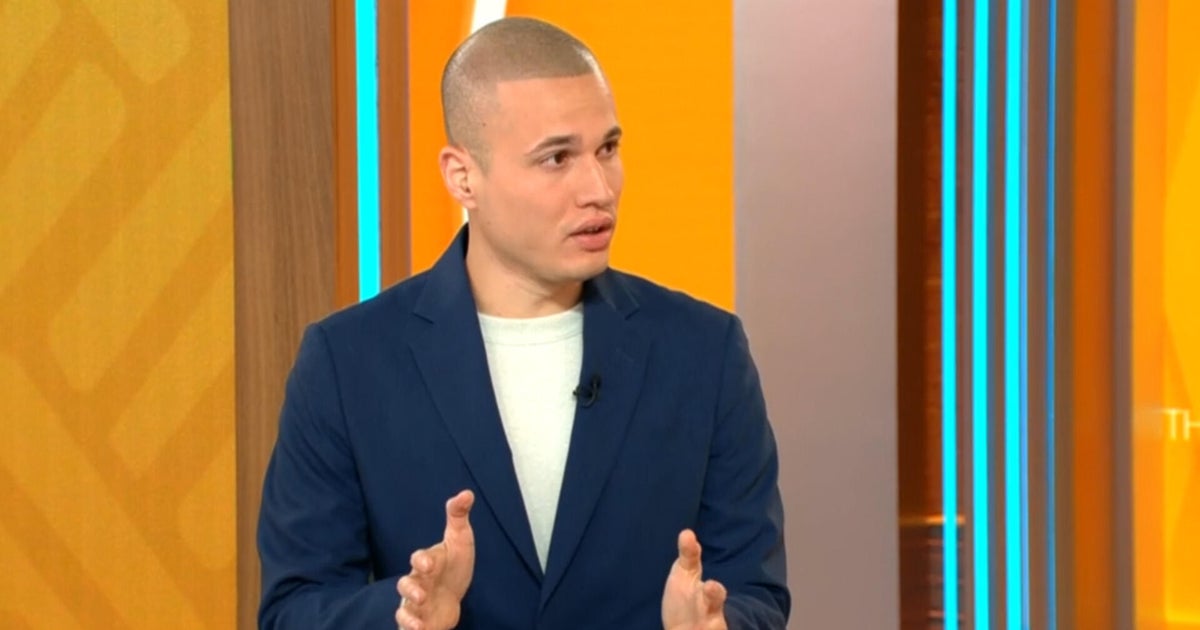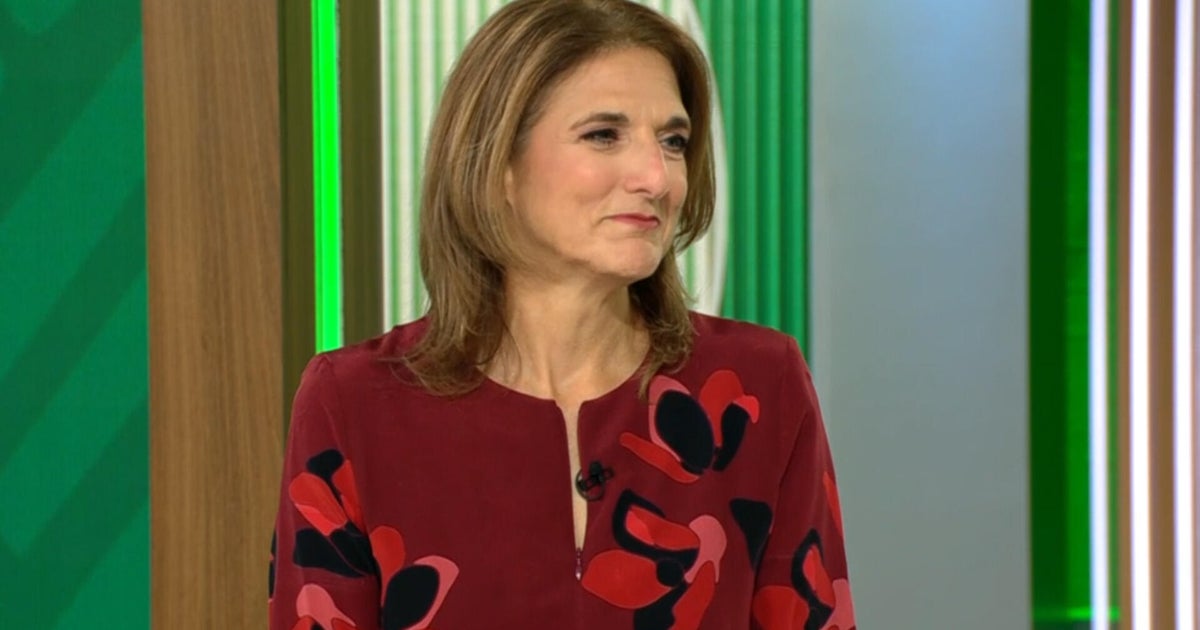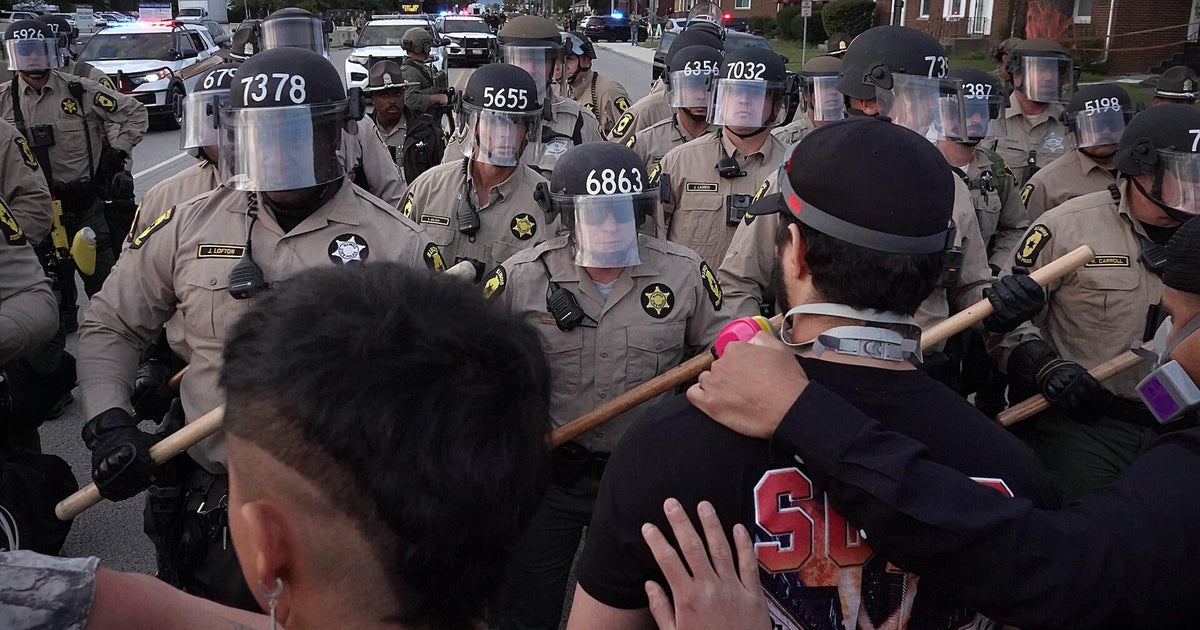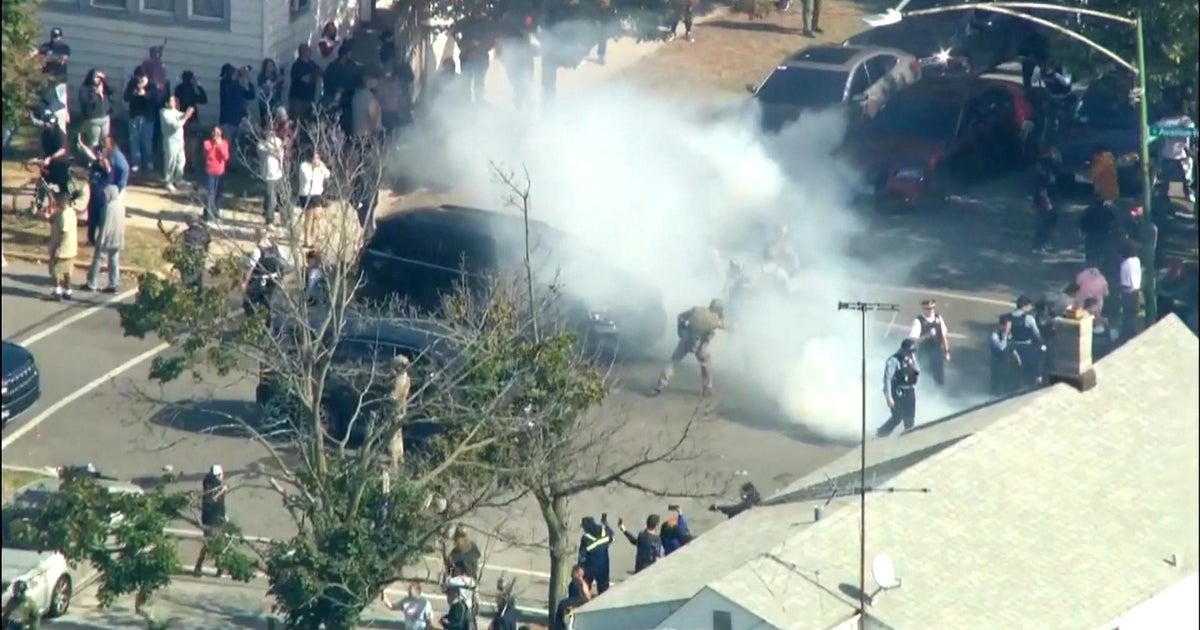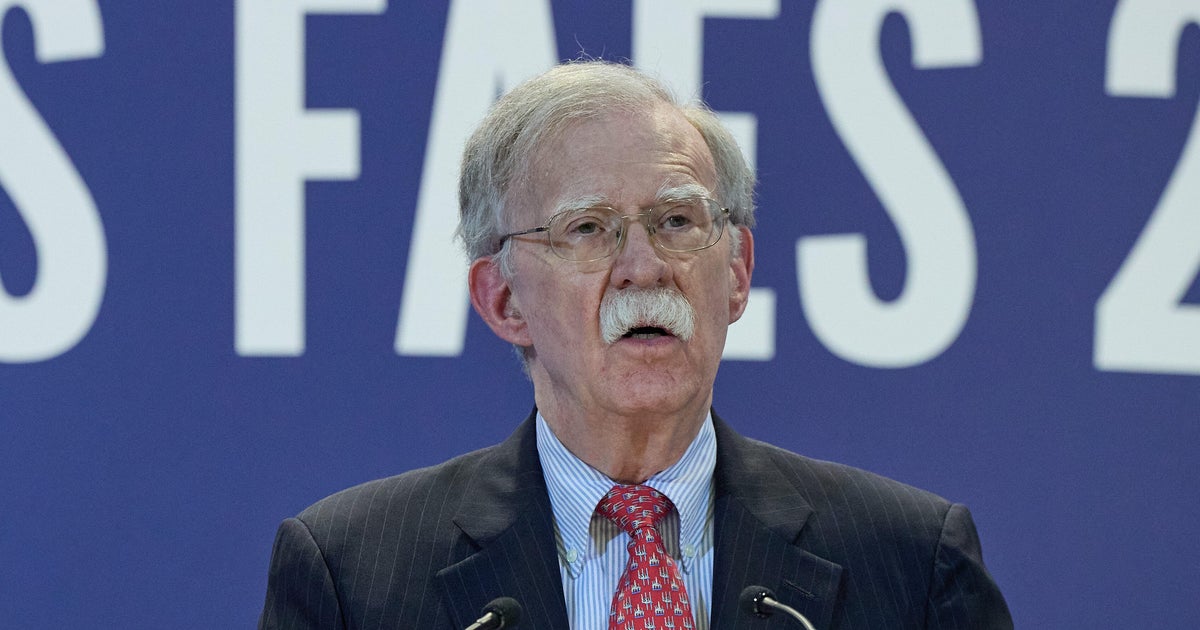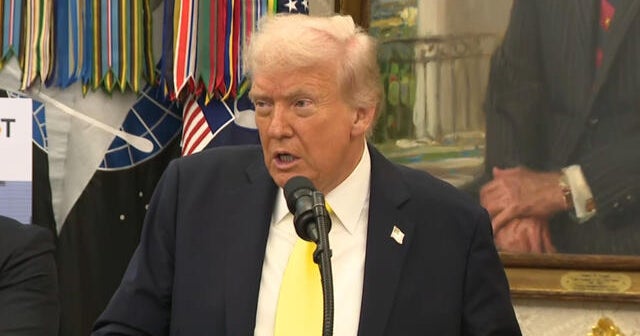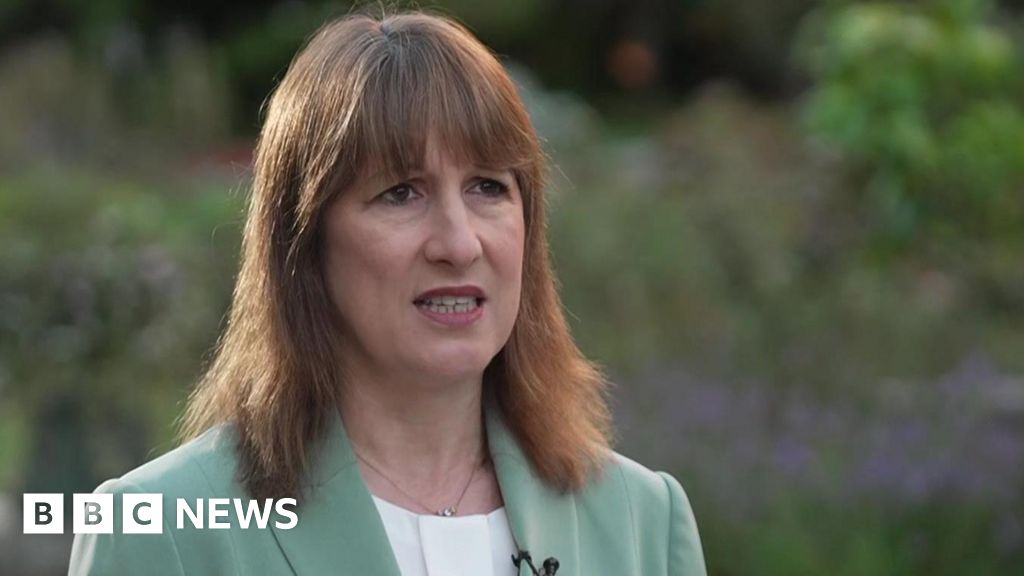Opinion
October 17, 2025 — 12.01am
October 17, 2025 — 12.01am
Around the time I started looking to buy my first home this year, this masthead published a special investigation into Australia’s property market – and how home buyers are bidding blind, especially in Sydney.
I should have heeded the warning.
We already know the country’s supply of housing is cooked, with many first home buyers locked out of home ownership. But the process of buying a home is much more costly than just paying for a conveyancer, stamp duty, and the exorbitant cost of the property itself.

Home ownership rates have fallen to historic lows, and individuals without access to the bank of mum and dad are finding it increasingly difficult to get a mortgage.Credit: Dion Georgopoulos
Crucially, it costs us time: something we can’t get back. And far more of it than is necessary.
Over the past few months, I’ve been to dozens of inspections on my weekends and registered to bid at many of those going for auction – seemingly in my price range. Plenty, of course, didn’t list a price range, so I would have to email the real estate agent and try to keep tabs on the prices they pinged back.
Of course, participating in an auction, like agreeing to buy something second-hand on a platform such as Facebook Marketplace, means you accept that the outcome is uncertain – to a degree. It’s impossible to know if an especially eager, loaded bidder might rock up and throw a ridiculously high bid at the auction on the day – just as it’s impossible to know if that old couch you want to pick up actually exists, if it looks the same as it does in photos, and if another buyer might pick it up before you.

While it is easy to blame the real estate agents, most of them are just playing the game.Credit: Peter Rae
But I’ve attended far too many auctions where the price range advertised has been well below what the seller is looking for.
It’s like when people label items they’re selling online as “FREE”, then reveal, once you message them asking about it, that they’re actually thinking more in the ballpark of several hundreds of dollars. At least they (usually) let you know before you go to pick it up.
One auction I went to recently was for a small one-bedroom unit advertised at $550,000. The owners were desperate to sell because they were getting divorced, the real estate agent told me. On the day of the auction, the highest bid was $590,000. I’d tapped out well before then, internally congratulating the last man standing who had been convinced by the auctioneer to “just go that little bit higher”.
Loading
The next day, it was back on the market: apparently the owners weren’t that desperate to sell, and had just wasted the time of every bidder who had turned up, inspected the property and done their research.
Then, there was the studio with an auction guide of $575,000. “We’re so shocked at this seller’s minimum price, he’s really desperate to sell,” the real estate agent told me. Being the only bidder to turn up on the morning of the auction, I thought I could nab the property for a bit less than the guide.
Instead, I spent an entire Saturday being breadcrumbed before finally signing a contract written up by the real estate agent – only to get a late-night text message: the equivalent of a Facebook Marketplace seller messaging to say they’d decided to charge more for that table you agreed to buy as you’re driving to pick it up.
In this case, it was the agent telling me the seller wanted more than the price guide.
Rinse and repeat, and you can see how days and weeks of buyers’ time can be wasted – in both markets.
This masthead’s investigation revealed new “for sale” ads listed after an unsuccessful auction were sometimes more than $1 million above the previously listed auction guide. Clearly, in these cases, the initial auction guide was misleading.
Loading
I’d like to blame real estate agents but most of them are just playing the game.
The general rule is that agents “don’t know” their seller’s reserve price – the minimum amount they are willing to sell for – until the day of the auction. It’s why they get away with it, even though most of the time, they have a very good idea of how much their client is looking to sell for.
Quoting an estimated price where the seller has said they will sell only for a higher price “may be considered false or misleading under the Australian Consumer Law”, according to the NSW government.
But if real estate agents don’t technically get told until the day, they can shrug and say they simply didn’t know their seller’s reserve price. Of course, most still won’t disclose it on the day, meaning buyers for whom a property might be well out of their budget still end up taking time out of their day to turn up.
I’m lucky in that I don’t have young kids to care for, or a weekend job I have to sacrifice to turn up, but it’s egregious that many who do have these responsibilities are being duped into wasting precious time.
Often, it’s a bid by real estate agents to “generate interest” at the auction (getting more buyers to turn up, making it seem like there’s a lot of interest in the property).
It’s like if someone invited every person who enquired about an old toaster they advertised for $5 to come collect it, then made them all bid for it before telling them it actually wouldn’t be sold for any less than $20.
The good real estate agents will give you an honest indication of the price range – even if it’s just through winks and nudges because they’re not meant to tell you – but they are an exceedingly rare species.
Most don’t especially care about how much time you waste.
That’s why we need better rules. The auction guide for a property should be changed as soon as a real estate agent is told the reserve price. That should ideally be at least a week out from the auction, but at the latest, on the morning of the auction.
If the highest bid lands above the price guide but isn’t sold, that should raise a red flag with authorities, with a penalty – perhaps a fine – slapped on the real estate agent and seller.
There should also be a requirement for all property sale prices to be published publicly. While there’s an argument that it helps to protect people’s privacy, not disclosing prices leads to a lack of price transparency: clear accessible information on which customers can make their decisions.
Most undisclosed prices are for properties which have sold for well below their expected price.
Often, the buyer of these properties will want to hide how little they paid so that it doesn’t dampen the value that future buyers of the property might see. Or, the real estate agent will want to hide it to protect the value people see in other properties they’re selling in the area.
Loading
Since property price guides tend to be set in line with comparable properties that have sold in the area, hiding low prices can lead to higher prices across the housing market than we’d otherwise see. This lack of transparency in pricing leads to what we call an inefficient market: where the price of the things being sold don’t accurately reflect their true value, meaning people end up paying too much for them.
A huge part of our property market problems stem from the simple economics of not having enough homes. But there’s also clear issues in the way our properties are marketed that is pumping up prices and wasting people’s time.
While I’ve made plenty of purchases on Facebook Marketplace, with only the occasional misleading listing, I’m yet to make one in our real estate market. At this rate, I’ll have all the second-hand furniture and appliances I could ever need before I have a home to put them in.
The Business Briefing newsletter delivers major stories, exclusive coverage and expert opinion. Sign up to get it every weekday morning.
Most Viewed in Business
Loading




